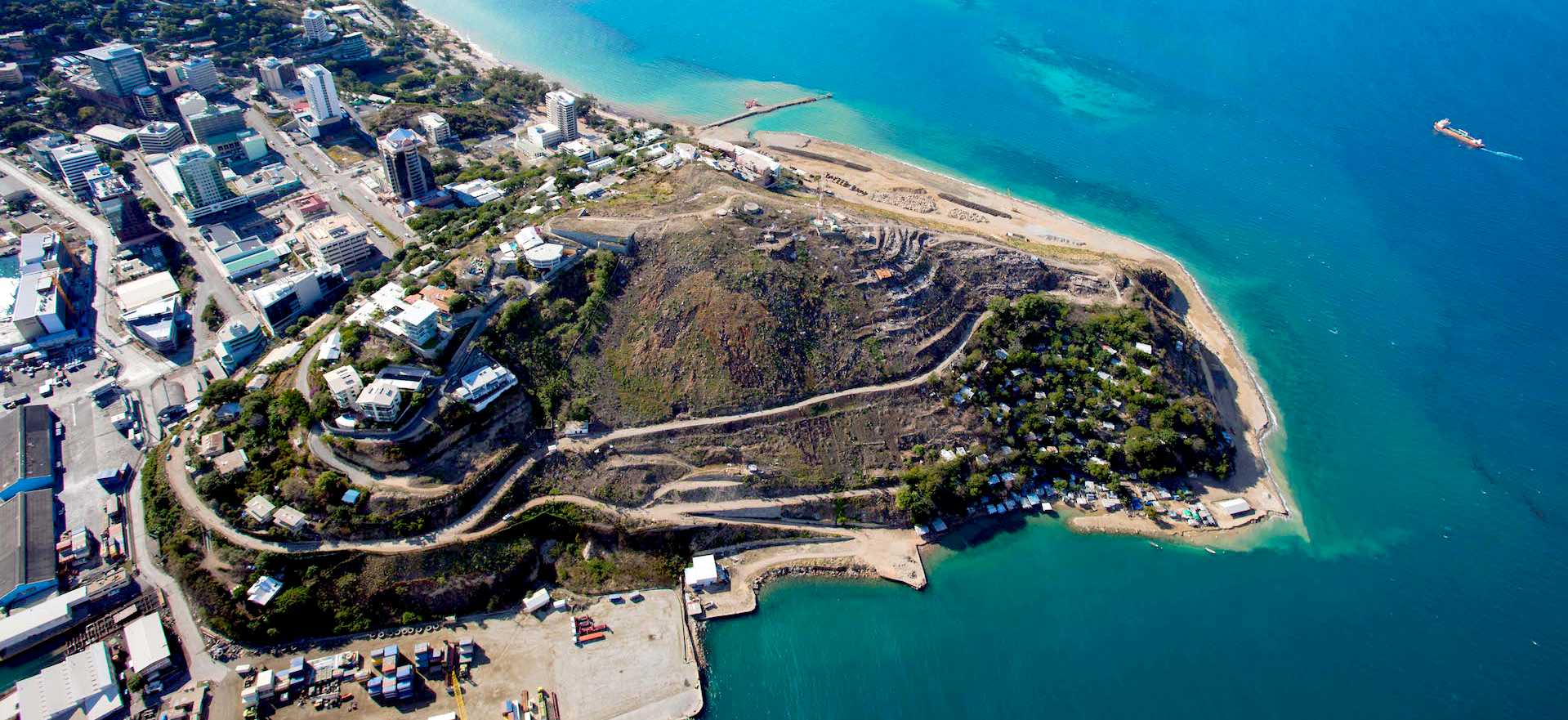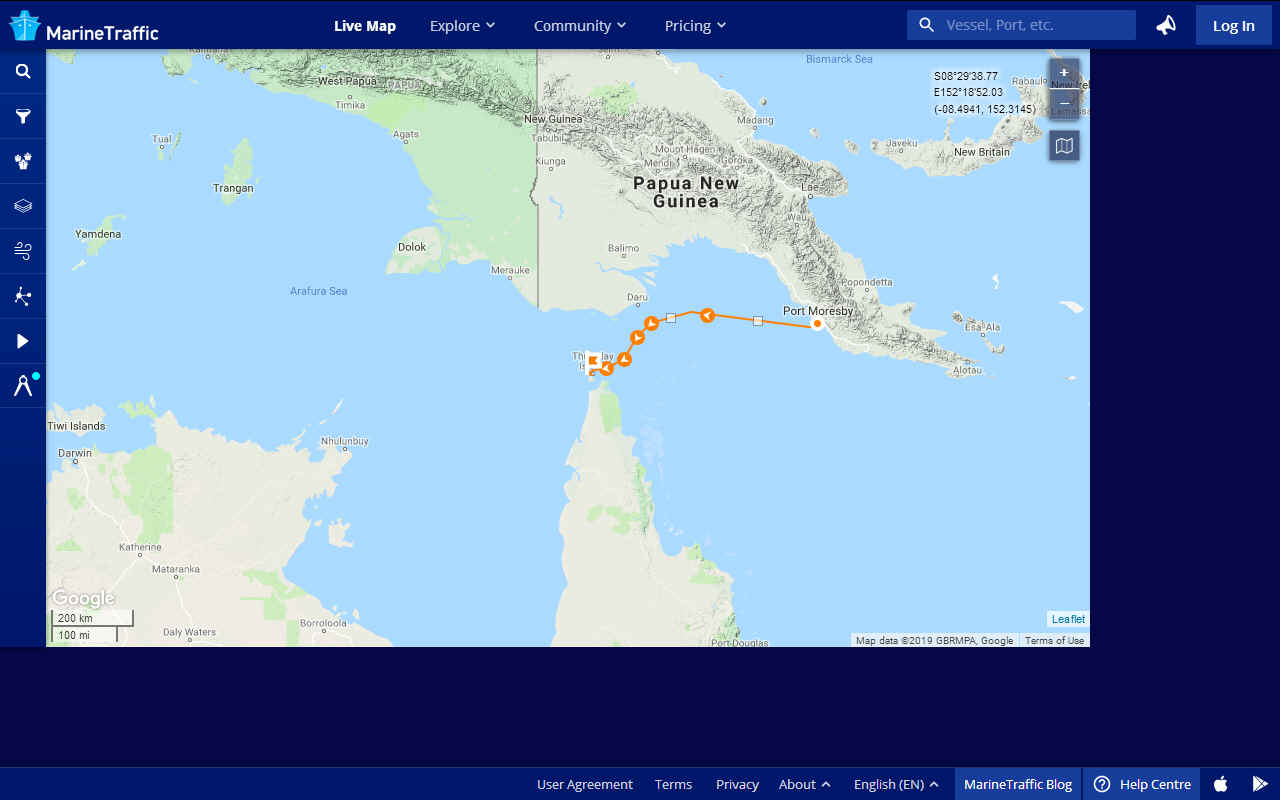|
AROUND THE WORLD IN 80 DAYS
PORT MORESBY - HYDROGEN BUNKERING ROUTE PLANNER
Please use our A-Z INDEX to navigate this site or return HOME
|
|||||||||||||||||||||||||||||||||||||||||||||||||||||||||||||||||||||||||||||||||||||||||||||||||||||||||||||||||||||||||||||||||||||||||||||||||||||||||||||||||||||||||||||||||||||||||||||||||||||||||||||||||||||||||||||||||||||||||||||||||||||||||||||||||||||||||||||||||||||||||||||
|
- |
|||||||||||||||||||||||||||||||||||||||||||||||||||||||||||||||||||||||||||||||||||||||||||||||||||||||||||||||||||||||||||||||||||||||||||||||||||||||||||||||||||||||||||||||||||||||||||||||||||||||||||||||||||||||||||||||||||||||||||||||||||||||||||||||||||||||||||||||||||||||||||||
|
Port Moresby is the capital and largest city of Papua New Guinea (PBG) and the largest city in the South Pacific outside of Australia and New Zealand. It is located on the shores of the Gulf of Papua, on the south-western coast of the Papuan Peninsula of the island of New Guinea. The city emerged as a trade centre in the second half of the 19th century.
There was already an important trade centre on the site of Port Moresby when the English Captain John Moresby of HMS Basilisk first visited it. He sailed through the Coral Sea at the eastern end of New Guinea, saw three previously unknown islands, and landed there. On 20 February 1873, he claimed the land for Britain and named it after his father, Admiral Sir Fairfax Moresby. In September 1975, Papua New Guinea became an independent country with Port Moresby as its capital city.
Port Moresby is not hydrogen ready as we write, hence clean fleet operators will have to seek alternative handling facilities to comply with the IMO's 2040 target.
9TH LEG - At a speed of 13 knots the ninth leg of the hydrogen powered zero carbon voyage would take just over a day to complete, free of emissions. The demonstration of ZEWT technology in action, could help speed up the transition to non polluting waterborne transport. These projections are only a guide. Many of the ports of call could be bypassed completely to give us a shorter passage.
SOLAR POWERED TRANSIT EXAMPLES - The above table illustrates one of the most likely climate/ocean awareness expedition routes that could be undertaken by the Elizabeth Swan, showing the time elapsed in days for 7 knots average cruising speed, including times for 5 and 6 knot averages - allowing for 10% downtime and 36 days in ports. Hence, although the objective is to reduce the current solar circumnavigation record from 584 days, the event in not an outright non-stop yacht competition in the offshore racing sense.
|
|||||||||||||||||||||||||||||||||||||||||||||||||||||||||||||||||||||||||||||||||||||||||||||||||||||||||||||||||||||||||||||||||||||||||||||||||||||||||||||||||||||||||||||||||||||||||||||||||||||||||||||||||||||||||||||||||||||||||||||||||||||||||||||||||||||||||||||||||||||||||||||
|
JULES VERNE - WORLD HYDROGEN CHALLENGE: The climate clock is ticking faster, speeding up global warming. So, can we do anything about it? Maybe. The Elizabeth Swann platform, can be adapted to a long range cruiser with up to 4000nm on hydrogen tanks alone. Using LH2, it might be possible to circumnavigate the globe on one tank full - and using solar in combination, travel Around The World In 80 days. Without hydrogen bunkering at ports and harbours it is more of a logistical challenge. This is a problem for port authorities and operators all over the globe, a topic for COP26 and similar events - as the world continues to fry on fossil fuels.
Please use our A-Z INDEX to navigate this site
This website is Copyright © 2021 Jameson Hunter Ltd, an equal opportunities company. This website is carbon friendly, using less energy to load on average per page via simplicity & picture optimization. The same may not apply to third party links.
|


